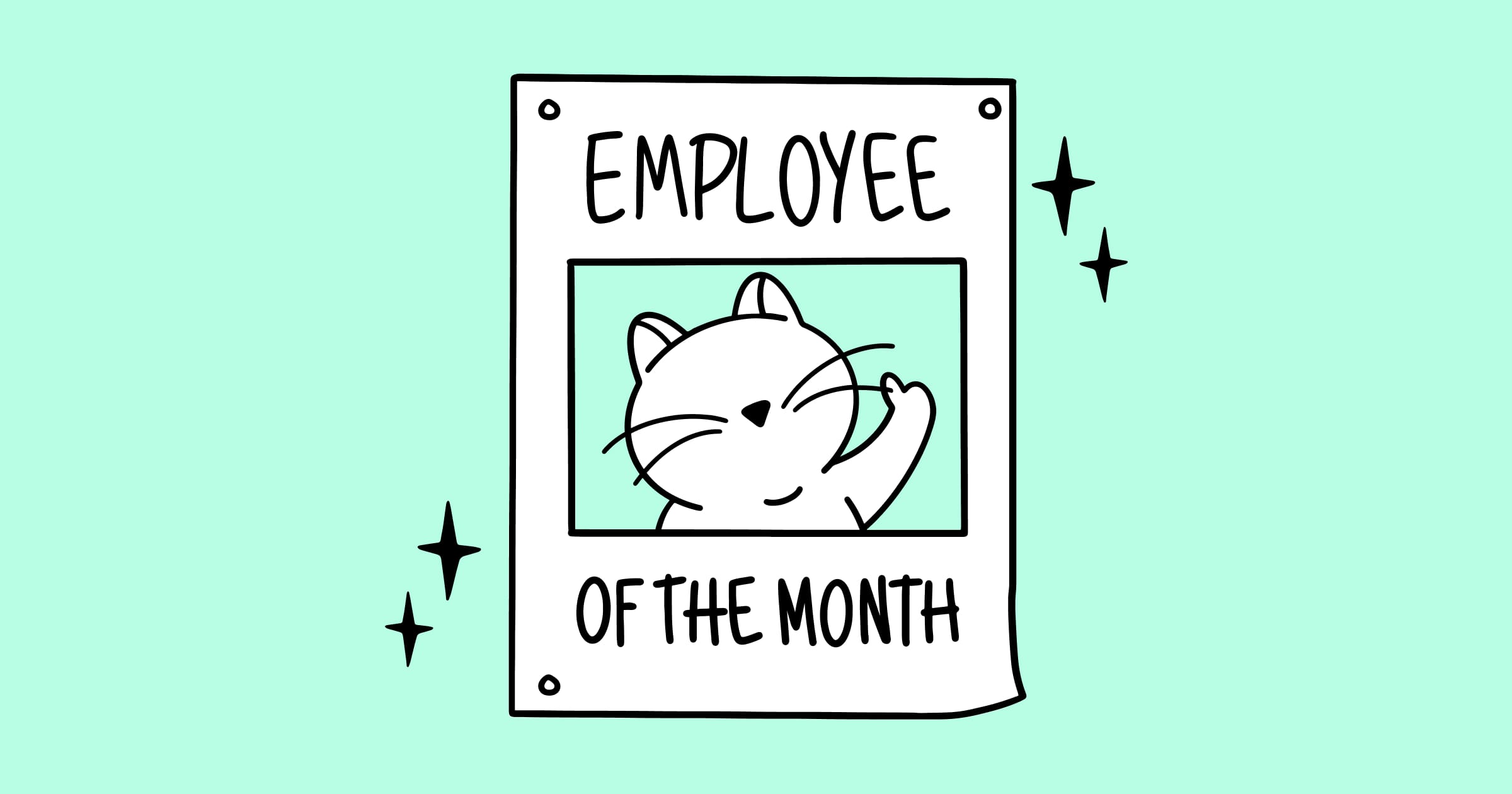March 18, 2025

All data-driven, skills-first organisations need a great talent marketplace
An organisation’s greatest asset is its people. Yet, most employers are not fully aware of their employees’ skills, competencies, strengths, and talents, which sadly go untapped and unused. Such businesses suffer from what we call an organisational skills fog – a condition that can cost you dearly in terms of productivity, profitability, and reputation. So, how does one avoid getting trapped in a skills fog? The most effective way is to create a talent marketplace.
In this blog, we will explain what an internal talent marketplace is, the numerous benefits organisations can gain by creating their own, and how skills management platform MuchSkills can assist them in its creation.
An internal talent marketplace is quite simply a talent development system within an organisation. It uses data and technology, often in conjunction with a skills matrix, to help the organisation identify the skills and competencies its workers possess and those they don’t. By facilitating skills management, it enables employers to find the right people for jobs, positions, or projects internally. With an effective internal talent marketplace, an organisation is ready to meet the changing demands of the business and stay competitive in an often unpredictable work climate. It also benefits employees by helping them promote and use their skills, demand and receive learning and upskilling opportunities, and pursue their career aspirations without changing jobs.

An internal talent marketplace has become a business imperative, thanks to the numerous workplace disruptions of the past few years. The biggest of these was the Covid-19 pandemic and the subsequent rise of remote, hybrid, and flexible work. During the pandemic that started in 2020, forward-thinking companies that had already invested in an internal talent marketplace were able to quickly deploy their employees across functions and get their businesses back on track sooner than others.
Similarly, in the following year, when changing priorities drove millions to quit their jobs in what is now called the great resignation, it was the organisations with their own talent marketplaces that, once again, managed to keep their losses to a minimum by offering employees career development opportunities via training and mentoring programmes and internal mobility options. With the mass resignations coinciding with a crippling shortage of talent, it was well worth the effort to keep employees engaged and happy to stay on.
While the health crisis is more or less over and the mass resignations have ebbed but certainly not ended, other workplace disruptions – such as the rapid deployment of automation and AI and a growing skills-first approach to the way we work – continue to drive the need for an internal talent marketplace. It is no wonder then that even back in 2021, management consultant Gartner said building an internal talent marketplace was one of three focus areas for organisations seeking to generate value.
The obvious function and benefit of an internal talent marketplace is that it matches people with jobs. This extends not only to filling full-time roles but also finding the right candidates for project and gig work, voluntary assignments, rotation programmes, and even skill-building and training initiatives. By shining a light on the hidden and unused talent within an organisation, an internal talent marketplace does away with the need to hire externally – an exercise that is not only time-consuming and expensive but plain difficult given the severe shortage of talent in the labour market. What’s more, an internal talent marketplace is a two-way street. So, while it helps employers find the right people for a job, it also empowers employees to look for roles and positions that fit their skill sets within the company. An internal talent marketplace even increases employees’ prospect of pursuing unconventional career paths outside their current departments and teams and helps them seek new experiences, all while improving themselves.
The Covid-19 pandemic proved that an internal talent marketplace, above all else, makes an organisation agile. While that difficult period is over, other challenges and disruptions remain. Rapid advances in technology and the shifting priorities of employers and employees, for example, require businesses to constantly think on their feet. To be agile, organisations must be aware not only of the skills and capabilities they possess but, maybe more importantly, those they lack. Additionally, they must have a fairly good idea of the skills they will be needing in the not so distant future. With an internal talent marketplace, you have all this crucial information at your fingertips. And if you have a few individuals or a team dedicated to studying and analysing this data, you’ll have no trouble setting up a special project team at a moment’s notice, meeting other business needs, plugging those critical skills gaps, and finding new opportunities for your business and workers. An internal talent marketplace is the first step to implementing strategic workforce planning, which will ensure that your business is always agile and future-ready.
A culture of continuous learning is the need of the hour. An internal talent marketplace is central to building a workplace with a learning culture and growth mindset. It informs employers about the skills and competencies they need to nurture and the missing skills they must acquire to prepare for the future. Using this knowledge, they can then create effective training, skill-building, and mentorship programmes. Such a culture of learning will not only benefit employees who are hungry to learn and improve but also help the organisation attract new talent. If there is anything that the Great Resignation has taught us, it is that people are serious about broadening their skills and achieving career mobility, and that they will look elsewhere if their current employers don’t provide them with the development opportunities they seek. The University of Phoenix’s Annual Career Optimism Index 2022 says more than 60% of employees are willing to remain with a single employer for their entire careers if they receive upskilling and reskilling opportunities. That says a lot about making a culture of learning a top priority.

What happens when employees receive organisational support to learn and grow in their careers while pursuing their passions and interests? They are happy and motivated to work harder, not just for themselves but for the company as well. Their commitment to and engagement with their employer grows. Happy and engaged employees are likely to stay with their employers for a longer time than those who are disengaged. However, the opposite is happening – global HR consultancy firm Robert Half’s Job Optimism Survey says 46% of respondents are on the lookout for new jobs in the first half of 2023. Similarly, 25% of the 54,000 workers from 46 countries polled by PwC for its 2023 Hopes and Fears Global Workforce Survey say they expect to change jobs. Apart from better salary, multiple studies show that learning and career advancement opportunities, mentorship programmes, and flexible work options contribute greatly to employee engagement and retention. Workers who switch roles internally, for example, are almost four times more likely to be engaged than their counterparts who stick to a single job, according to LinkedIn. By giving employees ownership of their career paths, a talent marketplace can help organisations offer the ultimate employee experience and maintain a healthy talent pool.
An internal talent marketplace is also a key driver of workplace efficiency and productivity. One of the many ways it boosts productivity is by helping create autonomous, high-performing teams based purely on skills, competencies, and experience. With greater control over the way they work and the freedom to pick the projects and roles they want, autonomous teams tend to be more creative, innovative, efficient, and engaged. An internal talent marketplace also encourages a healthy exchange of skills and knowledge across departments and functions, breaking down silos and ushering in transparency and collaboration. This not only improves productivity but the bottomline as well as inefficiencies caused by silos reportedly cost businesses 20-30% of their annual revenue.
Finally, an internal talent marketplace can lead to effective leadership, and by this we mean data-driven leadership. Gone are the days when business leaders relied purely on instinct and intuition to make important decisions not only about talent acquisition and deployment but just about everything else. When it comes to managing the organisation’s talent and skills, data-driven leaders use the information, patterns, trends, and insights contained in the internal talent marketplace to make informed decisions backed by hard facts. Being data-driven means they are quick to adapt to changing business needs and can easily come up with solutions and ideas that have measurable outcomes. Because their actions aren’t coloured by personal connections and biases, they help build trust and create a culture of fairness and transparency, which is great for employee engagement and retention. Studies suggest that data-driven organisations are more successful and profitable than those that aren’t. According to PwC, data-driven businesses are 6% more profitable and 5% more productive than their peers. If these margins don’t impress you, consider this as well: organisations that use data to inform their decisions and strategies are 162% more likely to exceed their revenue targets, says another study. If an organisation wants its leaders and managers to be data-driven, then it must first create an effective internal talent marketplace to support and inform their decisions.
From the points mentioned above, it is clear that an internal talent marketplace is crucial to making the most of the talent you already have, empowering your leaders and employees to be their best selves, and transforming into an agile and confident organisation that has what it takes to meet the future head on.
For organisations that are keen on developing their own talent marketplace but don’t know where to begin, check out our skills management platform MuchSkills. How do we do it? We collect and map all your employees’ skills, competencies, and certifications and present it in an easy-to-understand visualised format. Having your workforce’s skills and competencies on a single dashboard enables easy reading, allows you to quickly and accurately analyse your strengths and weaknesses, and take strategic action to meet your business demands while also helping your employees achieve their professional goals.
From creating a modern skills matrix for your organisation to conducting a skills gap analysis for your team, we’ve got you covered. You can also join our data-driven leadership programme and learn the management best practices that will help you work with data better.

Subscribe to our newsletter to receive MuchSkills insights directly in your inbox. Don't worry we will respect your inbox

A practical look at how skills visibility, fair evaluation, and growth-focused conversations reshape the employee experience.

By revealing hidden talent and optimising workforce deployment, skills visibility democratises opportunities and boosts employee engagement and retention.
